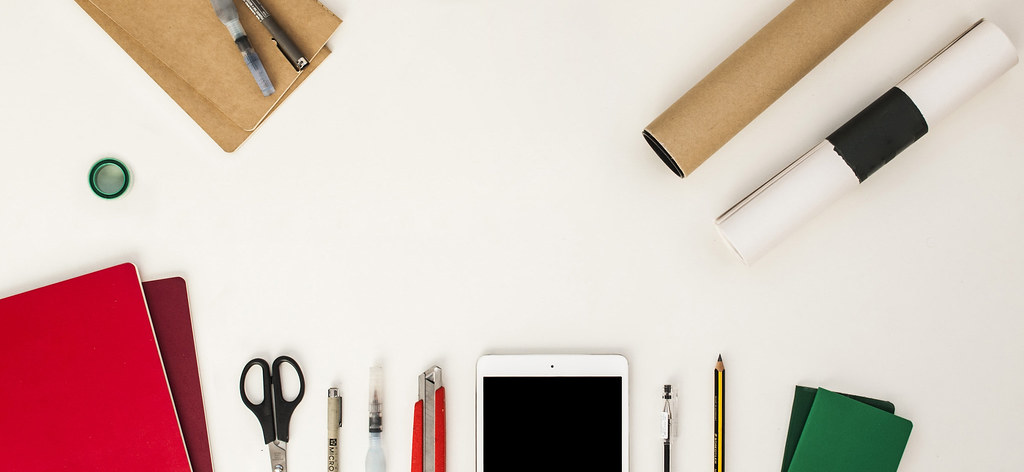Take Deliberate Breaks When You Work

Working time is commonly conceived as a time frame with no distractions. When you work, you are supposed to be as efficient as you can, and not let anything get in your way until you finish. It is widely known that some enterprises even block access to common distractions so workers don’t waste their time, but this is not a real solution.
Contrary to this model, deliberate breaks can improve your productivity while allocating a time for those distractions, which are needed by our brain in some way.
Why Deliberate Breaks?
Breaks are great. But I feel guilty taking too many of them. — John P. Trougakos
Deliberate breaks provide you with time to do things that are not strictly work-related and let your brain rest. Removing, at the same time, the guilt of distractions. Here, tasks and activities not related to work have their own span of time to happen.
Task Driven Blocks
My working hours are structured in fifty-minute working blocks and five-minute breaks, with the remaining five minutes as a buffer –which allows to slightly extend work or break blocks if needed.
Before starting to work, you should write down the tasks needed to get done and estimate how many hours you need for them. During working blocks, commit to switch off all your potential distractions, leave aside the non-work related stuff and capture them into a list to get done in the next break.
A Flexible System
The system I use is an adaptation of Francisco Cirillo's Pomodoro Technique®. After using it for a while I found that, for myself, one-hour blocks with five to ten-minute breaks in between work pretty well. You should find how the system better works for you. Let others know how you are working so they don't interrupt you in your working blocks –groups can even synchronize their work and break intervals so that interruptions are minimized and breaks are shared in between team members.
Breaks are breaks.
It’s not just a matter of being well rested. None of us can work flat-out, without breaks. — Ellen Galinsky
Breaks are periods of time in which you stop working on the main task and let your brain rest. Anything that is not the main task will be understood by your brain as a break –this is why a break can be from doing exercise, to read Twitter or to procrastiwork in a side project.
Usually, the best thing you can do for having an actual break is doing something different. If you work involves using the computer, don't use it during the break. If you work involves physical activity, don't exercise during the break. You get it.
Give It A Try
To be able to see if this method works for you: just try it. If you do so, and it is useful for your workflow, I would be glad to hear about it. Also, last month I developed Everfocus for iOS, an app that allows you to control your work and break blocks, currently on the App Store.
Thank you for reading this, to the HelpMeWrite community and supporters for pushing the idea behind this post forward, and to the #sundaypost initiative.